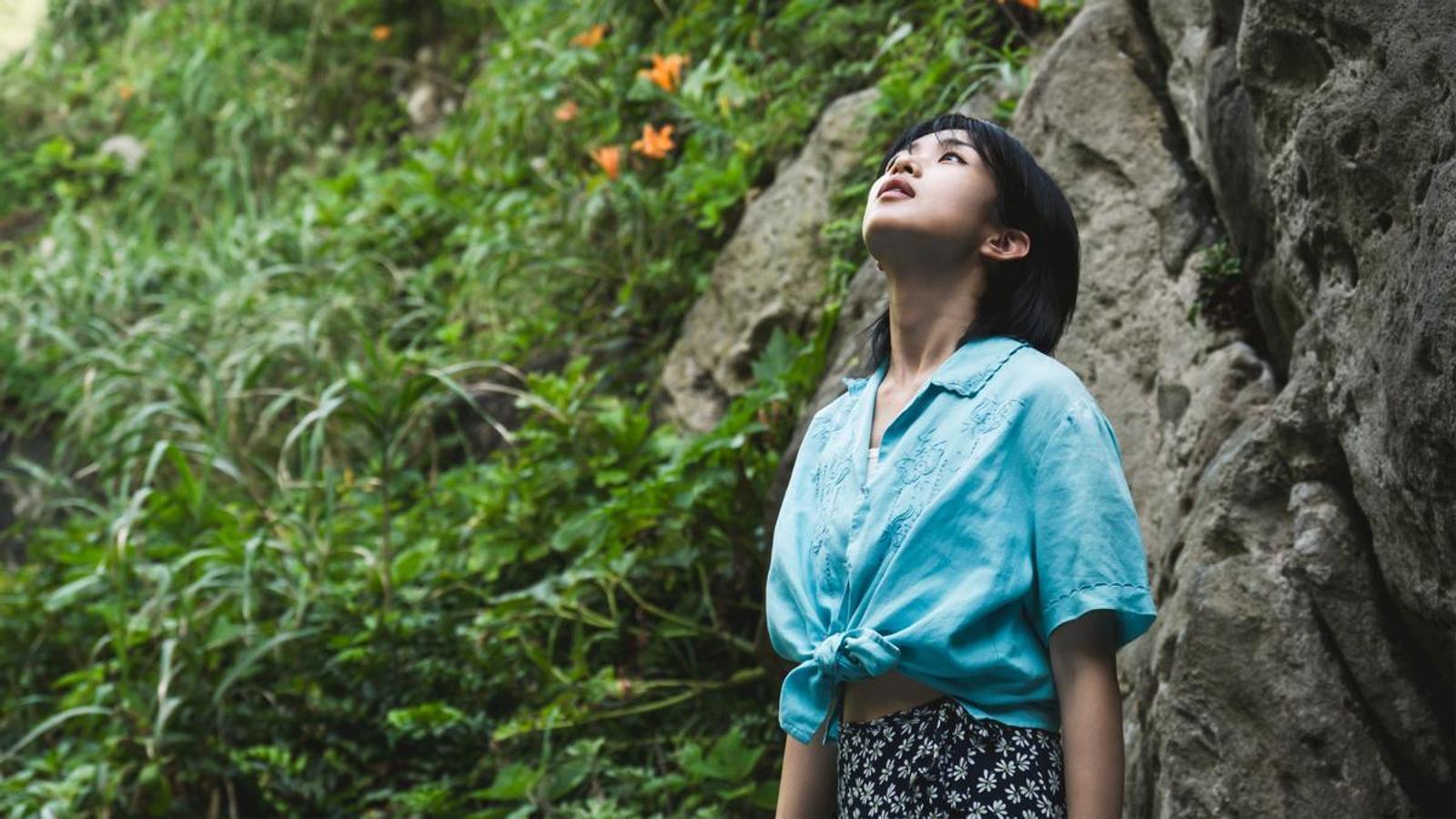Surprise at Locarno: the sensitivity of new Japanese cinema recognized with the Golden Leopard
'Two seasons, two strangers' by Sho Miyake adapts two stories by the cult mangaka Yoshiharu Tsuge

LocarnoIt wasn't among the favorites in a program featuring prestigious names in the film world such as Radu Jude, Abdellatif Kechiche, or Naomi Kawase. But the jury of the 78th Locarno Film Festival, chaired by Cambodian Rithy Panh, opted to ignore the better-known directors and award it the Golden Leopard. Tabi to hibi (Two seasons, two strangers) by Sho Miyake. A Japanese director who is by no means a debutant (one of his previous films, Keiko's fight, premiered on Filmin), but had not yet established himself as one of the filmmakers to watch on the contemporary scene. In Two seasons, two strangers, Miyake adapts two independent stories from Yoshiharu Tsuge, a pioneer of alternative manga and a cult author who stopped drawing decades ago. The stories feature lonely male characters who eventually connect with a woman at a specific moment. And in both cases, the detailed and exquisite descriptions of the respective natural and atmospheric environments help convey a state of profound yet restrained sadness. Two seasons, two strangers represents this new Japanese cinema with special sensitivity and subtlety when it comes to portraying characters on the fringes or those hiding deep pain.
A mood that is also presented by the protagonists of the other winner of the awards, White snail, the first feature-length fiction film by Elsa Kremser and Levin Peter, a duo who became known in Locarno with the splendid Space dogs (2019)In this new film, they offer another disenchanted foray into a post-Soviet setting, that of contemporary Belarus, through two characters drawn to darkness: a young model with suicidal tendencies and a veteran morgue worker, a painter of gloomy paintings in his spare time, who waits. The Austrians distance themselves from the more morbid or desperate scenarios fostered by their starting point to delve deeper into the human, tender, and vulnerable dimension of the bond between their protagonists. White snail It won the Special Jury Prize and one of the Leopards for Best Performance for the two protagonists, Marya Imbro and Mikhail Senkov, who play characters inspired by their respective experiences, largely through improvised dialogue.
The other Leopard for best performance was deservedly shared by Chilean Manuela Martelli and Croatian Ana Marija Veselcic for God will not help, by Hana Jusić, a drama set against the backdrop of the waves of Croatian emigration to Chile at the turn of the 19th and 20th centuries, focusing on the efforts of a Chilean widow of one of these emigrants, who makes the return journey to integrate into the harsh land and patriarchal family.
No Gaza in the list of achievements
The most notable absence from the list of winners is possibly that of With Hasan in Gaza, in what Kamal Aljafari recovers unpublished material he recorded in 2001 while searching for a former prison companion in Gaza, images that become an insider's account of the daily life of a people subjected to a process of isolation and destruction. But it was not the only title in competition about the terrorist policies of the State of Israel. The Leopard for Best Director went to Abbas Fahdel, an Iraqi director based in Lebanon who in Tales of the Wounded Land updates the concept of ruin cinema to show the effects of the latest Israeli bombings on his host country, in a proposal that vindicates the resilience of a country, Lebanon, that seems to be living in constant collapse. Fahdel's gaze is more poetic than political, more humanist than revolutionary, more hopeful (his young daughter often sneaks in front of the camera) than victim-oriented. But his film does not fail to reflect in the conclusion how the funerals for the victims of these attacks are increasingly tinged with the green and yellow of the Hezbollah flags.
The Palmarés rounds off a special mention for Dry leaf, the new film by Alexandre Koberidze, the man responsible for the wonderful What do we see when we look up at the sky? (2021). Far from proposing a title that would establish him as a director already with a certain pull in alternative circuits, the Georgian returns to his origins with his most radical feature, a kind of family film tinged with fiction in which he undertakes a trip through Georgia visiting rural football fields. An excuse to claim, in a similar sense to that of Dracula by Radu Jude, a cinema that is at the antipodes of high definition and generative AI, and here much closer to impressionist vagueness and abstraction. And within the short film competition, the Leopards of Tomorrow, producer Júlia Marcó has collected the Award for Best Direction for Secondary education, by Cubans Aria Sánchez and Marina Meira, which has Catalan co-production.
